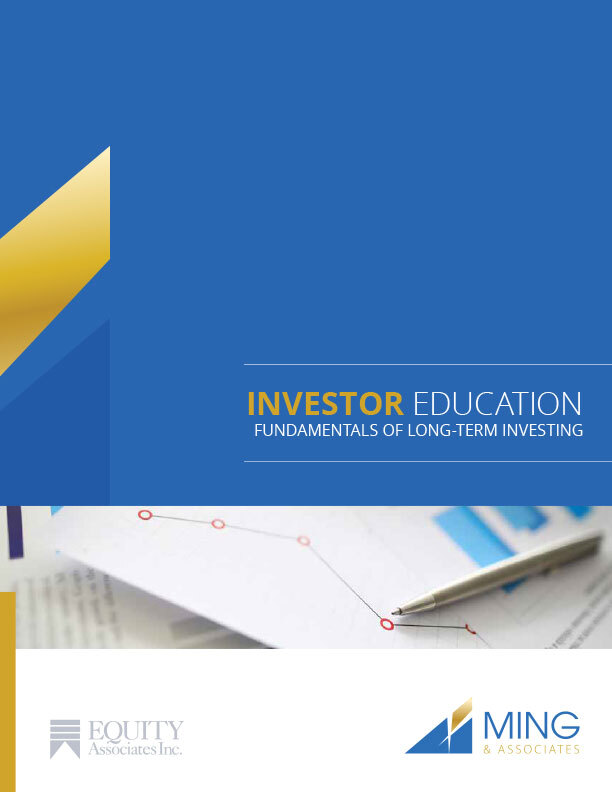As Canadians plan for retirement, one looming decision is when to convert their Registered Retirement Savings Plan (RRSP) to a Registered Retirement Income Fund (RRIF). While the deadline to convert to a RRIF is Dec 31st in the year you turn 71, retirees shouldn’t feel bound by this limit as converting earlier may offer flexibility and savings.
First, it’s important to understand the main differences between RRSPs and RIFs. Once you RIF a portion of your money, you can no longer deposit funds into the RIF, and you are required to withdraw at least the minimum each year (no maximum limit). The minimum amount is based off your age and calculated as a percentage of the account on January 1st each year. Here are a few things to consider;
Tax Planning: Converting to a RRIF ahead of schedule allows retirees to spread out withdrawals over time, potentially reducing the tax burden. This also helps with withholding taxes, as RRSP withdrawals are subject to withholding taxes and RIF minimums are not (however it is still taxable income).
Partial Conversion: In many cases, it may not make sense to convert your entire RRSP to a RIF before 71. You can move money from your RRSP to your RIF each year, and this results in lower minimum withdrawal requirements. This option gives you the most flexibility while getting the benefits of RIFs.
Pension Splitting: Possibly the biggest reason to RIF early is the ability to split pension income with your spouse come age 65. A withdrawal from an RRSP is regular income, but a withdrawal from a RIF (from age 65 on) is considered eligible pension and up to 50% can be split with your spouse. This shift of taxable income from one spouse to another can amount in huge tax savings.
Pension Credit: The pension income from a RRIF also qualifies for a $2,000 non-refundable pension income tax credit, which can save you money in taxes.
Just like anything in personal finance, the decision isn’t necessarily the same for everyone. There are cases where it doesn’t make sense for an individual, for instance if you are receiving the Guaranteed Income Supplement (GIS), creating more taxable income before age 71 may disqualify you from that benefit.
Overall, it’s important to know that this decision isn’t merely administrative, and it may carry significant implications for your retirement income, which is just another reason why our retirement planning is so important to our clients.

